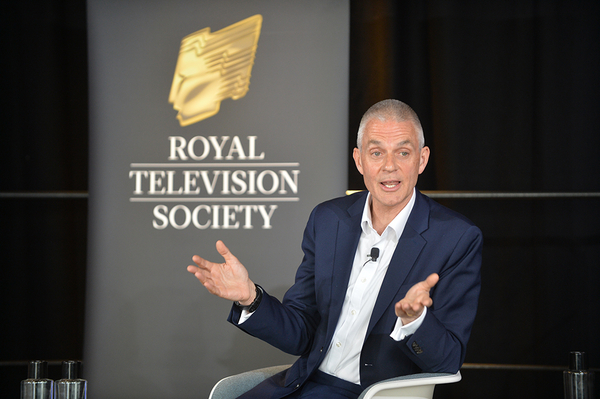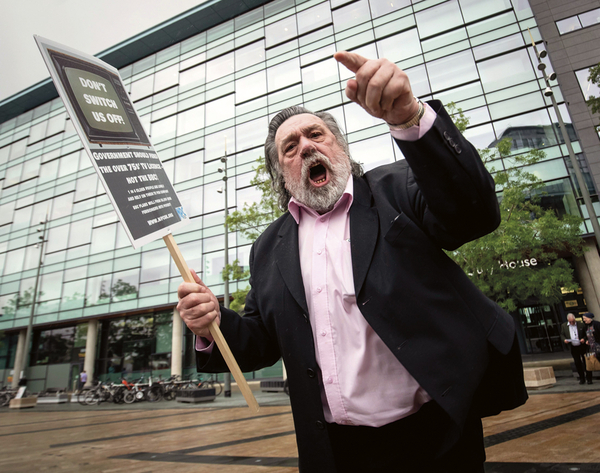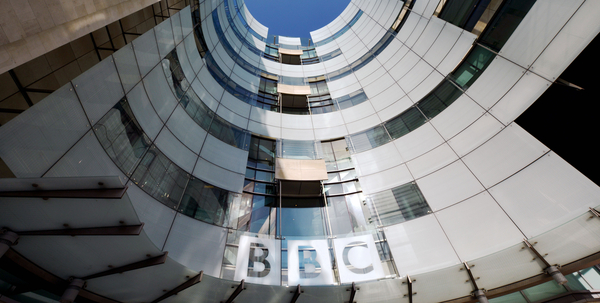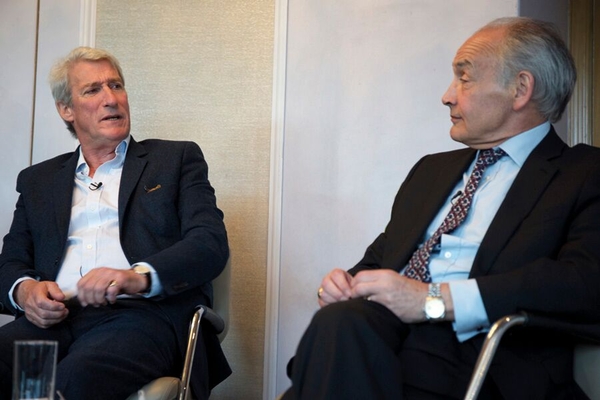BBC Director-General Tim Davie lays out the blueprint for the future of the BBC
The BBC is gearing up for a multi-front battle that will see it leaning into AI and UK-centric algorithms, commercial partnerships with deep-pocketed tech companies, and a “progressive” licence fee.






